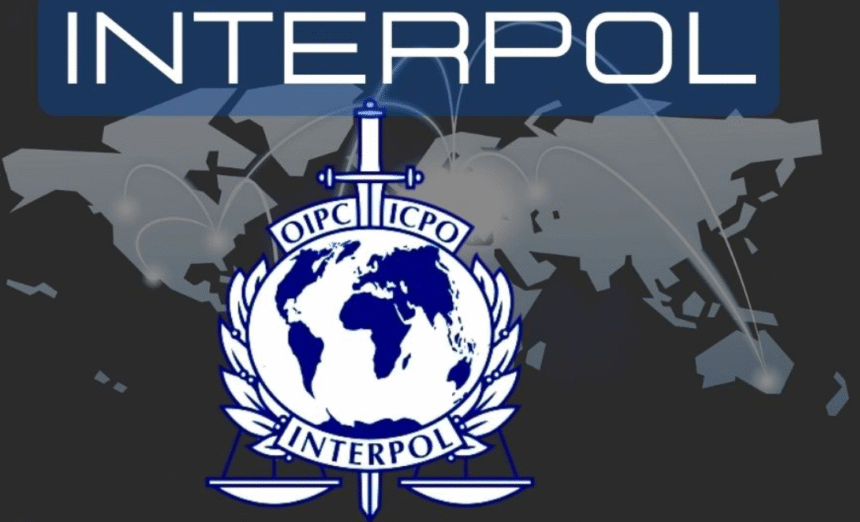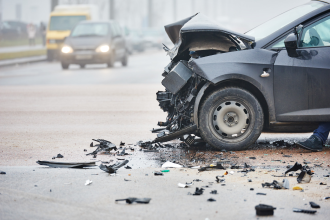Modern international justice is a system based on the cooperation of states, respect for human rights, and interaction between law enforcement agencies. The key concepts here are Interpol, extradition, and bilateral agreements. However, the notion that Interpol is a “world police” with the right to make arrests worldwide is mistaken. In reality, its functions are strictly limited.
- Interpol: Global Coordinator, Not World Police
- International Extradition: Key Principles and Procedures
- Bilateral cooperation between the UAE and India
- Main provisions and categories of crimes under the India–UAE agreement
- Factors influencing the decision on extradition and possible complications
- Joint fight against crime in the global world
Interpol: Global Coordinator, Not World Police
Interpol is an international organization coordinating cooperation between law enforcement agencies of 195 countries. It does not have its own investigators or the right to make arrests. Contrary to popular myth, can Interpol make arrests anywhere — no, Interpol cannot make arrests. Its task is to publish notices (including Red Notices), in which a member country requests other states to temporarily detain a specific person until the extradition request is reviewed.
The decision on detention is always made by the national police of the host country based on its internal laws and international obligations. No Interpol agent has the right to act without the sanction of the state in whose territory they are located.
International Extradition: Key Principles and Procedures
Extradition is the transfer of an individual accused or convicted of committing a crime from one state to another. This process is regulated by bilateral or multilateral agreements and requires compliance with a number of legal conditions:
– the presence of a crime recognized by both countries;
– the absence of political motivation or threats to human rights;
– providing sufficient evidence.
The extradition request is transmitted through diplomatic channels, and its review includes verification by judicial and administrative authorities. Even with a treaty in place, extradition is not automatic—the decision always rests with the receiving state.
Bilateral cooperation between the UAE and India
India UAE extradition treaty it represents a stable agreement signed in 1999 and entered into force in 2000. It became the basis for the official extradition mechanism between the two states, regulating the process of handing over accused and convicted individuals located on the territory of one party and wanted by the other. The treaty covers a wide range of crimes if they are punishable in both countries by at least one year of imprisonment.
The agreement applies not only to citizens of the UAE and India but also to foreigners and stateless persons if they are hiding in the territory of one of the states. It covers both completed crimes and attempts to commit them. In practice, there is active exchange between the countries of warrants, criminal cases, and evidence, especially in cases related to economic offenses, corruption, drug trafficking, and document forgery.
Extradition requests are processed strictly in accordance with the procedures stipulated by the agreement. Decisions are made based on formal evidence, as well as checks for compliance with human rights and the absence of political or religious motivation. In case of doubts, the parties have the right to request additional guarantees from the requesting state.
The established practice between the UAE and India demonstrates that the agreement functions effectively, yet neither side refrains from an independent assessment of each specific case. Despite close cooperation, a request may be denied if violations are identified, including political overtones, unacceptable investigative methods, or the risk of infringing on an individual’s rights. Thus, the agreement serves not only as a tool of justice but also as an example of a balanced approach to international extradition.
Main provisions and categories of crimes under the India–UAE agreement
Under the extradition agreement, crimes punishable in both jurisdictions by at least one year of imprisonment are subject to extradition. Among them:
– economic crimes (fraud, tax evasion);
– crimes against the person (murders, assaults);
– drug trafficking, corruption, and organized crime.
Political crimes are not subject to extradition, as well as cases where the crime is related to military duty or contradicts the humanitarian obligations of one of the parties. The agreement also does not apply if the person has already been acquitted or convicted for the same crime.
Factors influencing the decision on extradition and possible complications
Even with a formal agreement in place, each request is considered individually. The UAE authorities take the following criteria into account when making extradition decisions:
– The severity and nature of the crime.
– Quality and completeness of evidence.
– Compliance of the request with the internal laws of the UAE.
– Absence of the risk of political persecution.
– Guarantees of human rights compliance in the requesting country.
Difficulties may arise in cases of suspected political motivation, insufficient evidence base, or violation of procedural norms. The request may also be denied if extradition contradicts the interests of national security or the international obligations of the UAE.
Joint fight against crime in the global world
The globalization of crime requires states to closely cooperate and respect each other’s legal systems. Interpol, extradition agreements, and bilateral cooperation, as in the case between the UAE and India, make it possible to create effective mechanisms for holding accountable individuals attempting to evade justice abroad.
However, despite the importance of combating crime, it is necessary to maintain a balance between the effectiveness of law enforcement and the protection of human rights. This is precisely why extradition procedures remain complex, multi-stage, and legally precise.















